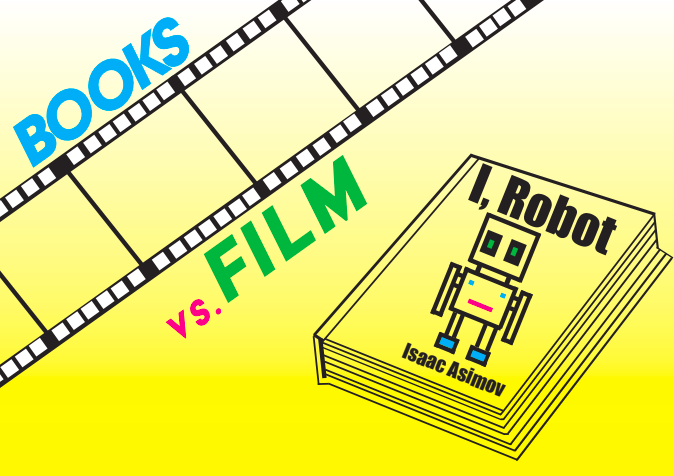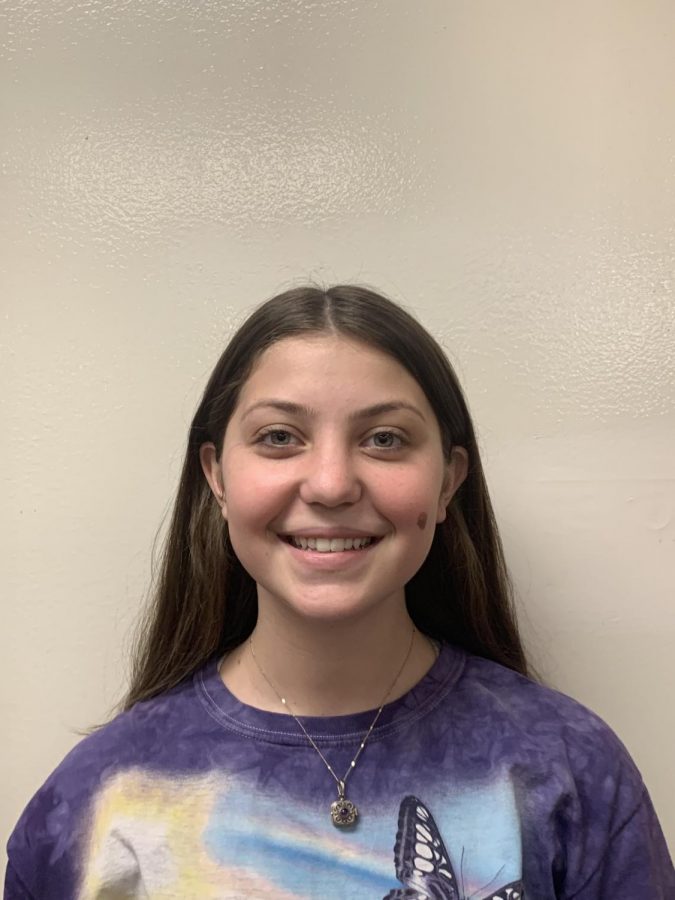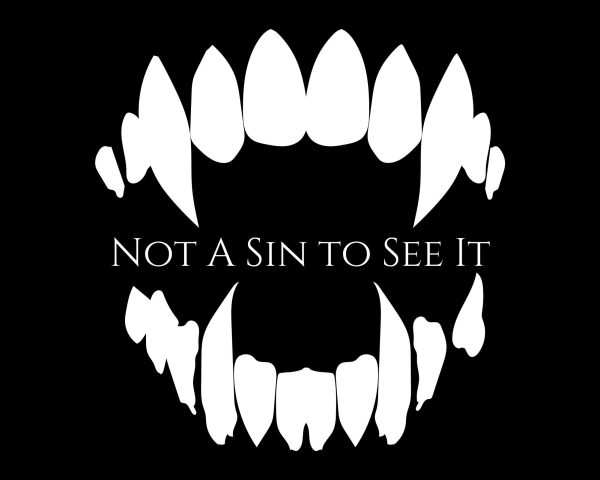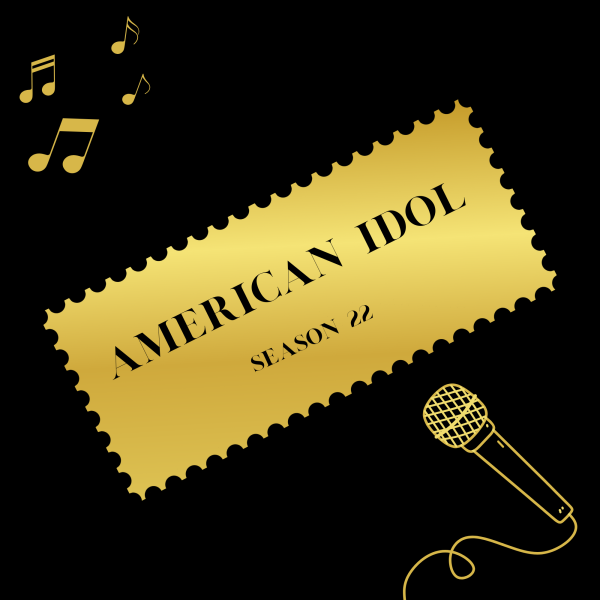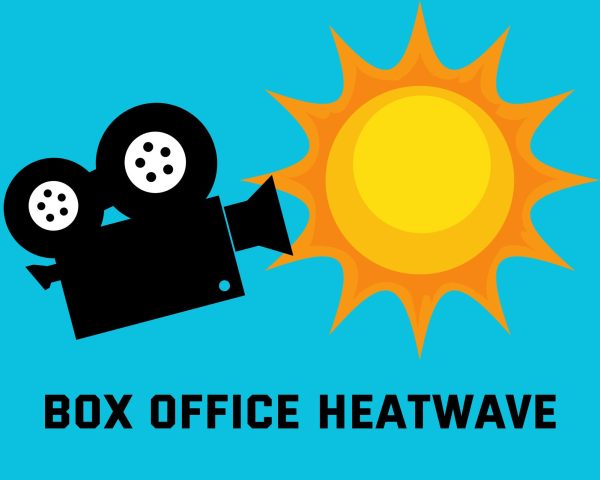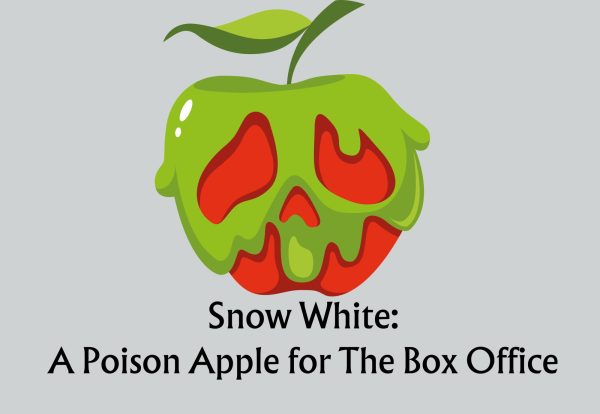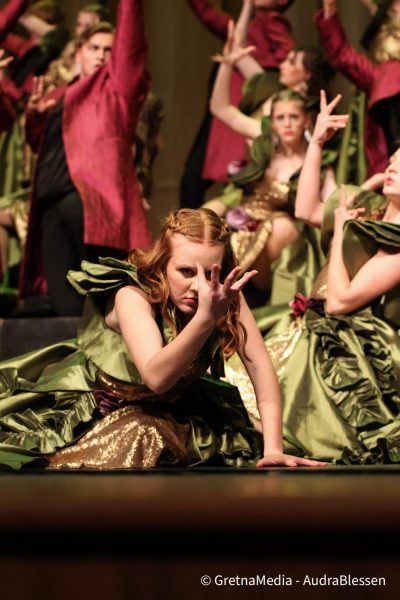Art Interpretation: Books, Film
Audience Perspective on Impact of Storytelling
There are countless adaptations of books that have been moved to the big screen. Writings like “Twilight”, “The Hunger Games” and “Harry Potter” are just some examples. However, not everyone agrees with the adaptations of books being made into films. Senior Jacob Sauer for instance prefers books over films and thinks that books can help its reader to fully interpret the story.
“Books give me a better understanding of how a character thinks,” Sauer said. “You can see a much greater depth of character in books and it is sometimes very subtle, movies have to be much more direct due to the fact that we generally can’t see inside the person’s mind or hear their thoughts, they require a whole scene or speech to give an impression of who a character is. Even then, you can only do so much with facial expression and tone. I like the subtleties a book can give me, where sometimes a movie cannot.”
Other students such as senior Ranyi Wekluk believe that movies can be more straightforward to the audience and still provide a way to get the message across. Books, on the other hand, cannot be as simple and require more awareness.
“I enjoy being shown a story,” Wekluk said. “With a movie, not a lot has to go into watching it, nay, observing it. Everything is there: the lines, the imagery, the music. None of it has to be imagined. Books and movies are different because a book requires strict, firm focus to comprehend, whereas a movie is a two hour (perhaps plus) affair. You can be completely still while looking at the television, but you have to adjust and turn pages with your nose in a book. The point is: a book is a bit of work and a movie is none at all.”
Although for some students films can be easier to interpret and understand, sophomore Drew Long thinks that movies require more effort in order to be considered exceptional.
“Movies include audio and visuals that (most) books don’t have,” Long said. “However, movies depend upon many factors in order to be considered good, whereas books don’t require nearly as many resources to produce and publish. It’s just a very time consuming, costly endeavor to produce a movie. Writing and publishing a book, however, can take as little as just some guy at his keyboard publishing short stories online. I think both movies and books are wonderful mediums of entertainment. They’re both wonderful mediums of teaching. Nothing is inherently better than another thing. Relativism applies to everything.”
Although books to some people may be preferred over movies or vice versa, each interpretation of a story whether that be on screen or in pages of a book influence the story being shared in creative ways.

Lauren Eurich is a senior at GHS and in her third year on The Voice staff. She serves as the design editor. She is involved in journalism because she has...


